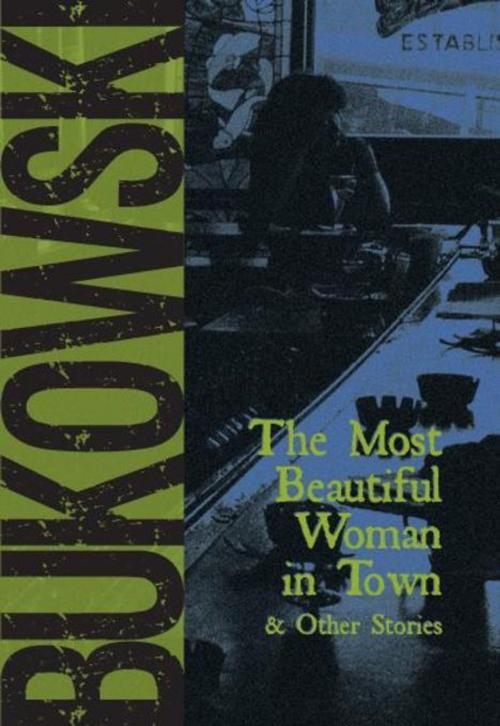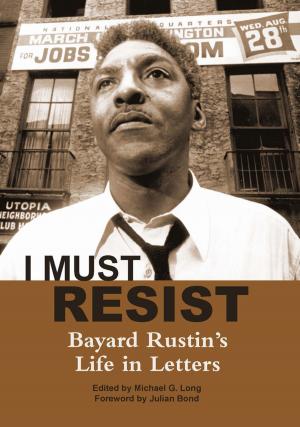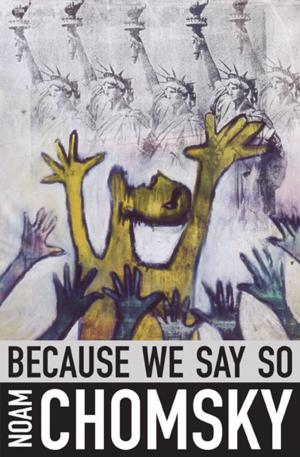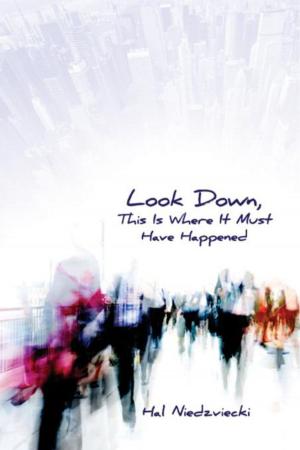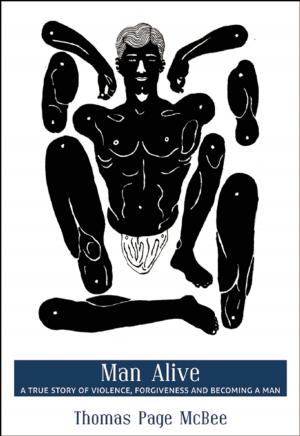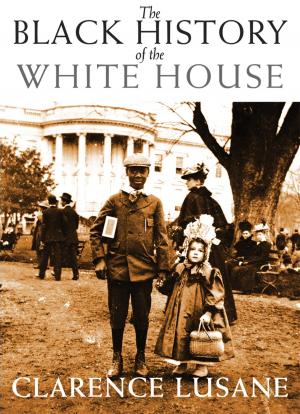The Most Beautiful Woman in Town
Nonfiction, Entertainment, Drama, Anthologies, Fiction & Literature, Short Stories, Literary| Author: | Charles Bukowski | ISBN: | 9780872866362 |
| Publisher: | City Lights Publishers | Publication: | June 15, 2013 |
| Imprint: | City Lights Publishers | Language: | English |
| Author: | Charles Bukowski |
| ISBN: | 9780872866362 |
| Publisher: | City Lights Publishers |
| Publication: | June 15, 2013 |
| Imprint: | City Lights Publishers |
| Language: | English |
These mad immortal stories, now surfaced from the literary underground, have addicted legions of American readers, even though the high literary establishment continues to ignore them. In Europe, however (particularly in Germany, Italy, and France where he is published by the great publishing houses), he is critically recognized as one of America's greatest realist writers.
"Collections such as The Most Beautiful Woman in Town (1983) . . . showcase Bukowski's impressive narrative and creative abilities in stories that most often take place in bars and dingy apartments but are not simply about sex and alcohol. They're about staying alive in a world where the only choice for the majority of us is to face a firing squad in an office every day-the post office, in Bukowski's case-or maintain a commitment to creativity as we struggle to pay for food and a meager place to live." -Adam Perry, Santa Fe Reporter
Charles Bukowski was born in Andernach, Germany on August 16, 1920, the only child of an American soldier and a German mother. At the age of three, he came with his family to the United States and grew up in Los Angeles. He attended Los Angeles City College from 1939 to 1941, then left school and moved to New York City to become a writer. His lack of publishing success at this time caused him to give up writing in 1946 and spurred a ten-year stint of heavy drinking. After he developed a bleeding ulcer, he decided to take up writing again. He worked a wide range of jobs to support his writing, including dishwasher, truck driver and loader, mail carrier, guard, gas station attendant, stock boy, warehouse worker, shipping clerk, post office clerk, parking lot attendant, Red Cross orderly, and elevator operator. He also worked in a dog biscuit factory, a slaughterhouse, a cake and cookie factory, and he hung posters in New York City subways.
Bukowski published his first story when he was twenty-four and began writing poetry at the age of thirty-five. His first book of poetry was published in 1959; he went on to publish more than forty-five books of poetry and prose, including Pulp (Black Sparrow, 1994), Screams from the Balcony: Selected Letters 1960-1970 (1993), and The Last Night of the Earth Poems (1992). City Lights Publishers have published more of his works including Absence of a the Hero, Portions of a Wine-Stained Notebook, Notes of a Dirty Old Man, Tales of Ordinary Madness, and The Bell Tolls for No One. He died of leukemia in San Pedro on March 9, 1994.
These mad immortal stories, now surfaced from the literary underground, have addicted legions of American readers, even though the high literary establishment continues to ignore them. In Europe, however (particularly in Germany, Italy, and France where he is published by the great publishing houses), he is critically recognized as one of America's greatest realist writers.
"Collections such as The Most Beautiful Woman in Town (1983) . . . showcase Bukowski's impressive narrative and creative abilities in stories that most often take place in bars and dingy apartments but are not simply about sex and alcohol. They're about staying alive in a world where the only choice for the majority of us is to face a firing squad in an office every day-the post office, in Bukowski's case-or maintain a commitment to creativity as we struggle to pay for food and a meager place to live." -Adam Perry, Santa Fe Reporter
Charles Bukowski was born in Andernach, Germany on August 16, 1920, the only child of an American soldier and a German mother. At the age of three, he came with his family to the United States and grew up in Los Angeles. He attended Los Angeles City College from 1939 to 1941, then left school and moved to New York City to become a writer. His lack of publishing success at this time caused him to give up writing in 1946 and spurred a ten-year stint of heavy drinking. After he developed a bleeding ulcer, he decided to take up writing again. He worked a wide range of jobs to support his writing, including dishwasher, truck driver and loader, mail carrier, guard, gas station attendant, stock boy, warehouse worker, shipping clerk, post office clerk, parking lot attendant, Red Cross orderly, and elevator operator. He also worked in a dog biscuit factory, a slaughterhouse, a cake and cookie factory, and he hung posters in New York City subways.
Bukowski published his first story when he was twenty-four and began writing poetry at the age of thirty-five. His first book of poetry was published in 1959; he went on to publish more than forty-five books of poetry and prose, including Pulp (Black Sparrow, 1994), Screams from the Balcony: Selected Letters 1960-1970 (1993), and The Last Night of the Earth Poems (1992). City Lights Publishers have published more of his works including Absence of a the Hero, Portions of a Wine-Stained Notebook, Notes of a Dirty Old Man, Tales of Ordinary Madness, and The Bell Tolls for No One. He died of leukemia in San Pedro on March 9, 1994.
